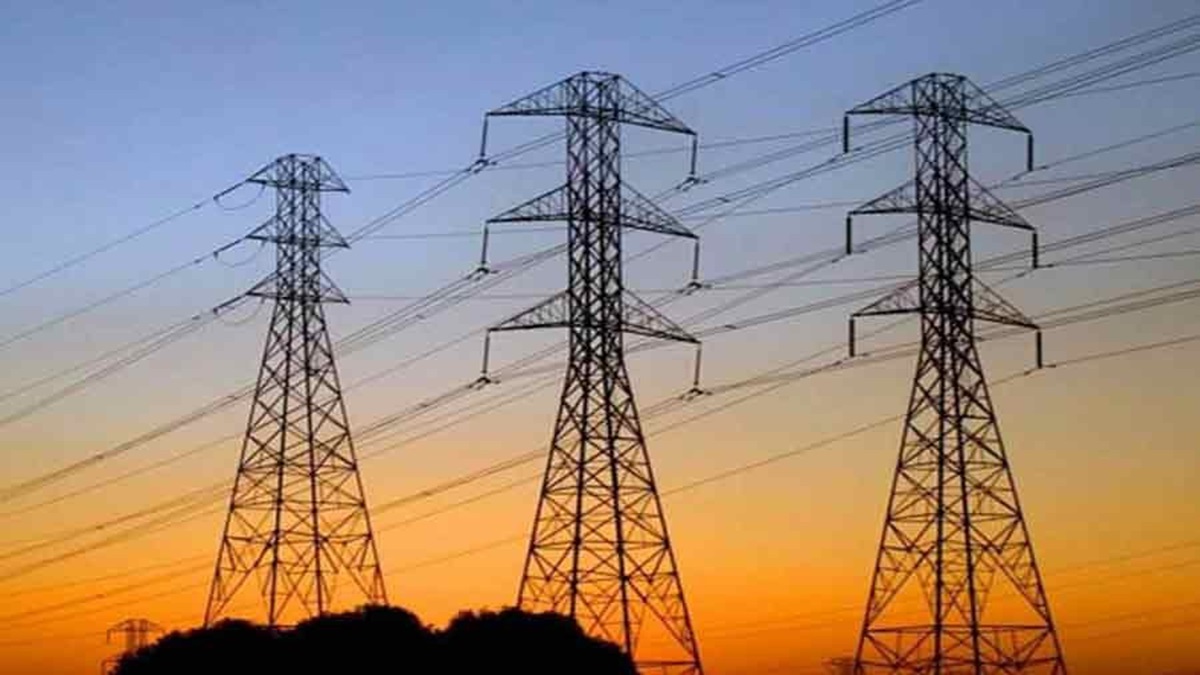Capacity payments set to surge amid gas crisis
BY Insider Desk
June 03, 2024

The government’s capacity payments to private gas-fired power plants in Bangladesh are expected to increase significantly due to an ongoing gas crisis, according to sources within the energy sector.
The anticipated rise in payments stems from the government’s inability to purchase power from these plants.
Five new power plants, with a combined generation capacity of 2,673 megawatts (MW), have either completed construction or are nearing completion. These plants include both private and public sector facilities.
Among them are a 718-MW gas-fired power plant operated by the Reliance-JERA joint venture and the 590-MW Anwara Power Plant, owned by the local United Group.
The joint venture between India’s Reliance Power and Japan’s JERA has finished construction and is currently conducting test runs. The Anwara Power Plant is also nearly complete.
Additionally, two public-sector plants—the 156-MW Ghorashal 3rd Unit and the 409-MW Ghorashal 4th Unit—remain idle despite completion due to insufficient gas supplies, according to the Bangladesh Power Development Board (BPDB). Another public plant, the 800-MW Rupsa Power Plant, is about 80% complete.
The BPDB has begun incurring capacity payments on these new plants as it struggles to purchase power from existing facilities like Summit’s 583-MW Meghnaghat plant and Unique Meghnaghat’s 584-MW plant. Despite their recent commercial operation start, these plants are rarely operational simultaneously due to the gas shortage and power transmission bottlenecks.
The recent liquefied natural gas (LNG) regasification setback caused by cyclone Remal has exacerbated the gas supply crisis. The Summit LNG Terminal, affected by a broken floating pontoon at Moheshkhali in the Bay of Bengal during the cyclone, is currently shut down.
As a result, dozens of gas-fired plants are now idle, leading to substantial capacity payments by the BPDB. This situation adds to the already surplus generation capacity and the limitations of the power transmission infrastructure, posing a significant financial burden on consumers through increased capacity charges.
Nasrul Hamid, the state minister for power, energy, and mineral resources, stated that as of August 2023, the government had paid approximately Tk 1.05 trillion in capacity payments to power plant owners. This amount is projected to increase further with the addition of new plants.
Professor M Shamsul Alam, energy advisor of the Consumers Association of Bangladesh (CAB), suggested the immediate cancellation of power purchase agreements that have exceeded their terms. He noted that many private sector power plant owners have already profited substantially from their investments, often receiving extensions on their plants.
Tags:
Most Read

Electronic Health Records: Journey towards health 2.0

Making an investment-friendly Bangladesh

Understanding the model for success for economic zones

Bangladesh facing a strategic test

Bangladesh’s case for metallurgical expansion

How a quiet sector moves nations

A raw material heaven missing the export train

Automation can transform Bangladesh’s health sector

A call for a new age of AI and computing
You May Also Like
